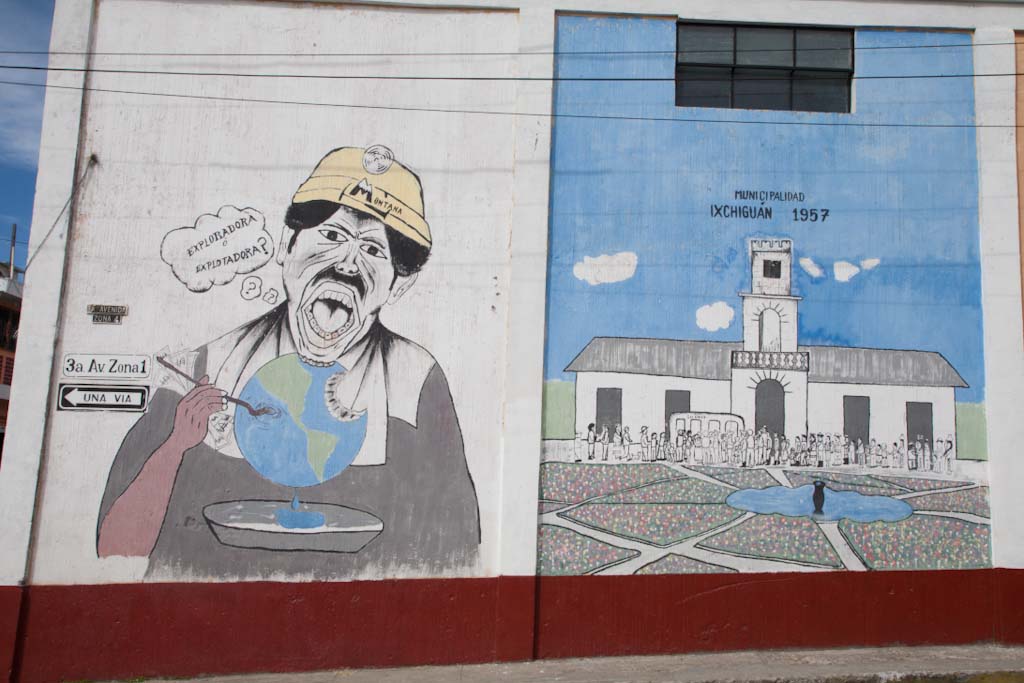I was recently reading about a friend's trip to Sweden where she shared the following:
"We roamed fields we didn't own and our host told us about an unwritten Swedish law allowing people to walk freely on the land. And not just walk, but explore, hike, camp, and drink water from the springs. They believe the farmland and wild open spaces should be shared and enjoyed by locals and visitors alike,
the forests, fields, and waterways treasured and enjoyed. They call it
"Allemansrätt" or for those if us who don't speak Swedish: everyman's right."
What a refreshing concept: an unwritten, cultural understanding that the earth and all it gives us should be treasured, enjoyed, and shared - a cultural understanding that is ever present in the indigenous traditions found in Guatemala. As fellow MCCer Tobias Roberts shares here, the highlands of Guatemala, where many of these indigenous groups live, and their traditional lifestyle, "offer a life full of riches: forested mountains, plentiful rain, fertile soil, abundant rivers, peaceful communities, and a vivacious cultural legacy." Unfortunately, there are "visitors" who have come from the outside to take advantage of these resources. Rather than treasuring and enjoying the forest, fields, and waterways, they have used the concept of "everyman's right" to turn these natural resources into money they can deposit into their bank accounts.
picture of the Palo Viejo hydroelectric dam in Cotzal, Quiche
picture of the Marlin Mine in San Miguel, San Marcos
MCC Photo/Melissa Engle
The story is heard again and again across Latin America and the world; poverty ridden and often indigenous communities fighting to protect their rights to their land and its natural resources. As the
MCC Latin American Advocacy blog suggests, there comes a point when we have to ask ourselves what is this really leading to? (see
"Generating prosperity or conflict?: Mining in Latin America") Rather than
punishing these communities for wanting to protect their environment, when will we return to the concept of
"allemansrätt" that my friend found so welcoming in Sweden? Just what is holding us back from this natural and humane way of living? What are we afraid of?
Forgoing
excessive and harmful consumption?
Having to change your attitudes?
The
power of the politicians?
The
work involved in achieving great self-sufficiency?
The
disappointing looks of your neighbors?
What
are you afraid of?
I
was hungry and you fed your animals with my food.
I
was hungry and your transnationals planted your winter tomatoes on our best
land.
I
was hungry and you wouldn’t give up your steak from South
America.
I
was hungry but they grew tea for you where rice might grow for my daily meal.
I
was hungry but you turned our sugarcane and manioc into fuel for your cars.
I
was hungry but the waste from your factories is poisoning the fishing grounds
of the earth.
I
was hungry but with your money, you bought up my food.
I
was hungry while my land grows exotic fruits for your table.
I
was hungry but you gave me no food.
Earth Keepers













